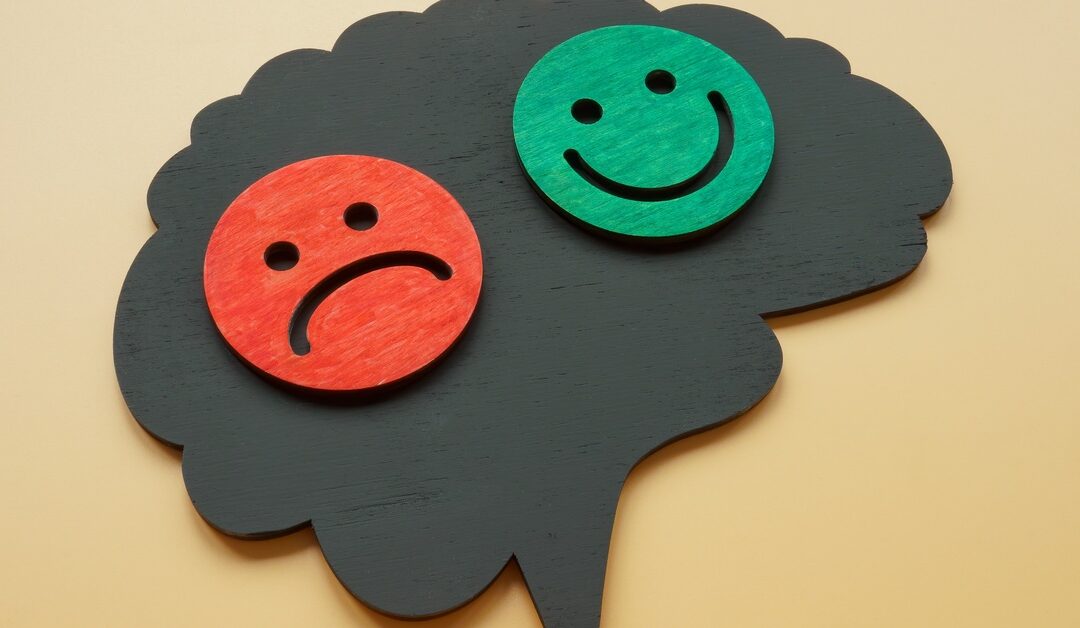Living with bipolar disorder can be challenging, as it involves navigating cycles of extreme highs and lows that impact daily life. However, the introduction of a structured routine can play a significant role in helping individuals with bipolar disorder manage their condition more effectively. This blog explores how routines impact individuals with bipolar disorder and provides practical tips on how you can build a consistent structure in your life.
Understanding the Challenges of Bipolar Disorder
Before we explore the role of routine in providing stability for those with bipolar disorder, we must understand the challenges these individuals face. Unpredictability between extreme highs and lows is a defining characteristic of bipolar disorder, and this often has adverse effects on physical health and daily life.
Cycles of Highs and Lows
Bipolar disorder involves cycles of mania and depression, which can differ in intensity and duration. During manic phases, individuals may feel euphoric, energetic, and overly confident, often leading to impulsive decisions or risk-taking behaviors. However, depressive episodes bring an overwhelming sense of sadness, fatigue, and loss of interest in daily activities. These drastic mood shifts disrupt daily routines, making it difficult for individuals to maintain consistency in their responsibilities and self-care habits.
Circadian Rhythm Disruptions
Another substantial challenge for individuals with bipolar disorder is the disruption of circadian rhythms, which regulate the body’s internal clock for sleep-wake cycles, eating, and activity patterns. Bipolar disorder often interferes with circadian rhythms due to irregular sleep patterns during manic and depressive episodes. Sleep deprivation or erratic sleeping habits can exacerbate symptoms, leading to a heightened risk of mood instability.
There are several approaches used by mental health professionals to manage symptoms of bipolar disorder and provide mental clarity and emotional stability. Building a consistent routine is an effective, holistic approach to bipolar disorder treatment, which can mitigate the effects that extreme mood cycles may have on an individual.
What Routine for Those With Bipolar Disorder Looks Like
At its core, routine refers to a structured sequence of activities performed consistently each day, offering predictability for people who experience unpredictable highs and lows. Maintaining a routine often involves focusing on circadian rhythm regulation and building consistency across key areas of life, such as sleep, meals, and self-care.
For most, the foundation of their daily routine revolves around their personal or professional responsibilities, which provide a sense of purpose and accomplishment. Ultimately, the daily healthy habits we practice should renew and recharge us so we can fulfill our roles and gain internal satisfaction.
Another necessity for a healthy routine is consistent sleep and wake schedules, as this directly impacts mood regulation. Prioritizing seven to nine hours of sleep paired with good sleep hygiene habits can prevent the onset of manic episodes or deep depressive states.

Between working and sleeping, individuals with bipolar disorder can improve their quality of life by integrating regular exercise, balanced nutritional meals, and professional mental health treatment into their routines. Additionally, individual downtime and time spent socializing are critical for reducing stress and supporting emotional well-being.
A common misconception about routines that many people believe is that it entails rigidly adhering to the same schedule every day. Instead, the process is about crafting a flexible framework that supports long-term stability and well-being. These components create a balanced routine that supports both physical and mental health, providing a solid foundation for managing bipolar disorder.
Benefits of Routine for Those With Bipolar Disorder
By creating structure in daily life, routines can help regulate various aspects of well-being, from emotional stability to physical health. Below are some key benefits that a routine can provide.
Increase Predictability
A routine introduces consistency into life, making each day feel predictable and less overwhelming. When you know what to expect, you can better focus on your daily responsibilities and manage any difficult moments that may arise.
Gain Control Over Your Life
Feeling out of control is a struggle for many individuals managing bipolar disorder. Establishing a reliable routine fosters a sense of agency and empowerment. With a clear structure, you gain the confidence to tackle challenges, whether they come from work, relationships, or personal goals.
Stabilize Mood
A sense of routine can help reduce the frequency and intensity of mood cycles. By aligning daily habits with your body’s natural rhythms, emotions can become more regulated. Many mental health professionals recognize the value of consistent habits in reducing both manic and depressive episodes.
Regulate Energy Levels
Bipolar disorder often causes fluctuating energy levels, but routine can help balance them out. Scheduled activities, such as regular exercise, meals, and rest, lead to stability, improved focus, and reduced fatigue.
Tips for Achieving a Consistent Routine
Establishing a consistent routine may feel overwhelming at first, but even small steps can make a significant difference in managing bipolar disorder. The following tips are designed to be practical, achievable, and supportive of your overall well-being. Remember, the process is about progress, not perfection—each effort counts.
Set Realistic Expectations
Start small and remember that your routine doesn’t need to be perfect from day one. Avoid planning routines during manic episodes, as you may overcommit or set unrealistic goals. Choose manageable habits that you can realistically maintain over time.
Document Your Ideal Routine
Writing down your routine can make it feel more tangible and actionable. Use a planner, app, or calendar to keep track of daily tasks and commitments. Clear documentation helps you visualize your goals and maintain consistency.

Remain Adaptable
Flexibility is essential, as the cycles of bipolar disorder may disrupt even the best-laid plans. Your routine should adapt based on whether you’re experiencing a manic or depressive episode. Certain tasks or commitments may need to shift during these periods, and that’s okay.
Ask Others for Support
Creating a routine doesn’t have to be something you do alone. Don’t hesitate to seek support from trusted loved ones or professionals. A bipolar disorder psychiatrist can provide personalized strategies and guidance to help you stay on track, while friends and family can offer encouragement and accountability as you establish and maintain healthy habits.
Embark on a Path to Bipolar Disorder Relief
Managing bipolar disorder is no easy feat, but a structured and intentional routine can bring significant relief and stability. A balanced routine helps regulate circadian rhythms, stabilize mood, and increase predictability in daily life, addressing many of the challenges associated with bipolar disorder. By focusing on what you can control, such as sleep, meals, and daily habits, you can pave the way to a more stable and fulfilling life.
Envision Mindcare is dedicated to assisting individuals with bipolar disorder to live more fulfilling lives through evidence-based interventions and holistic approaches. Our psychiatrists specialize in developing unique treatment plans for each patient based on their individual needs and goals. Learn more about our areas of expertise and treatment methods by contacting our team or scheduling an initial consultation.

